Featured guides
Your essential starting point — our most popular renovation guides.
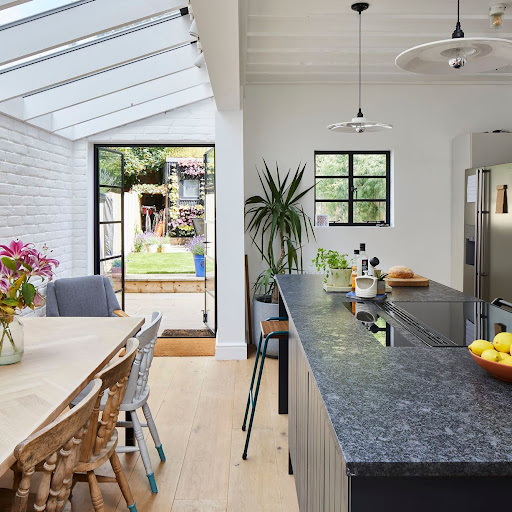
2026 guide to UK side-extension costs. See what affects price and how to plan a smooth, budget-friendly build from start to finish.
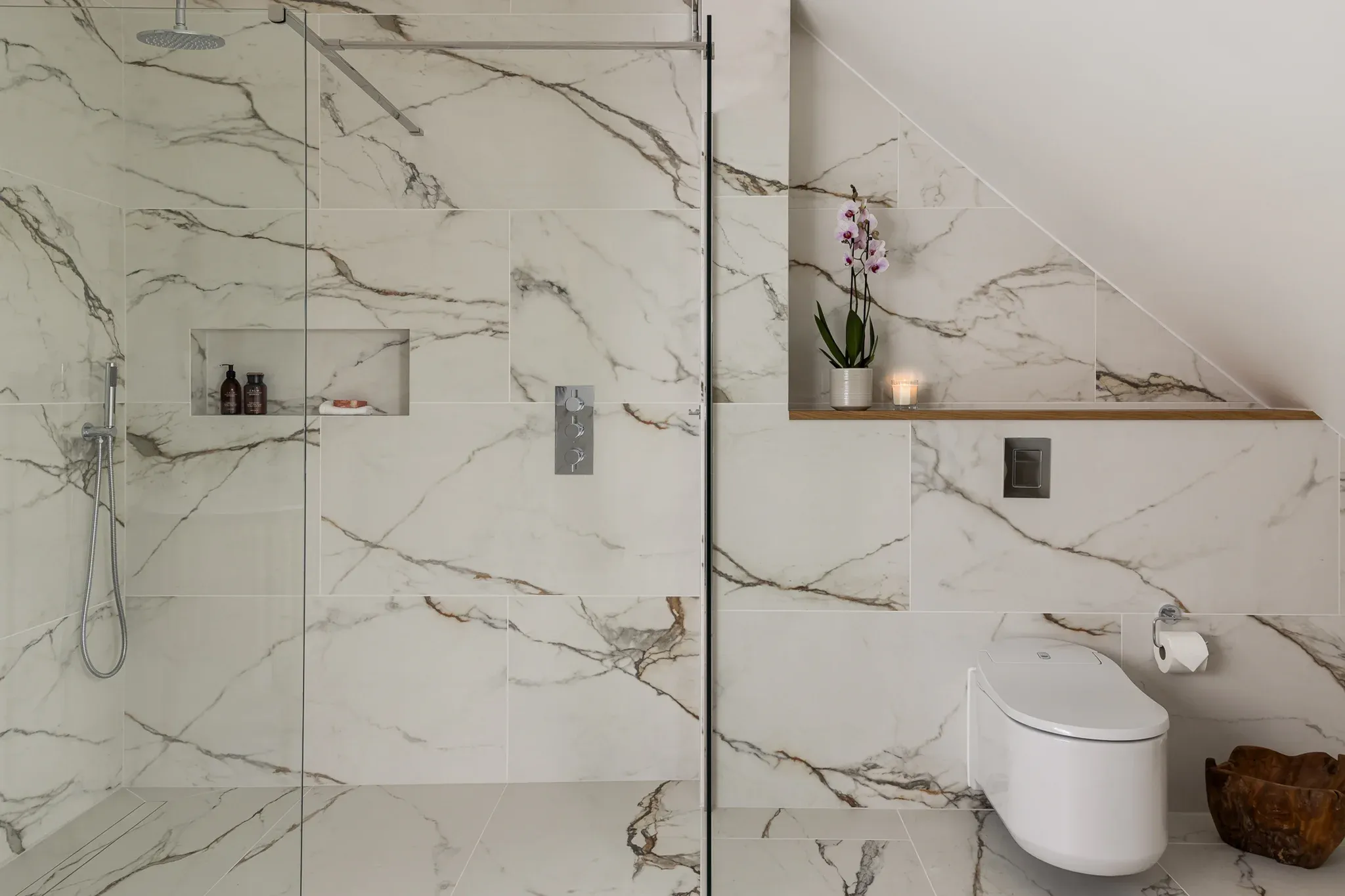
Honest guide to wet rooms in UK homes. See costs, pros and practical tips to decide if this space-saving upgrade suits your bathroom.

Planning a walk-in shower? This UK guide gives the honest minimums, comfortable sizes, doorless vs with-door rules, opening widths, splash control, tray formats and layout sequencing—so your shower feels great and keeps the floor dry.
Browse by topic
Explore themes based on where you are in your renovation journey.
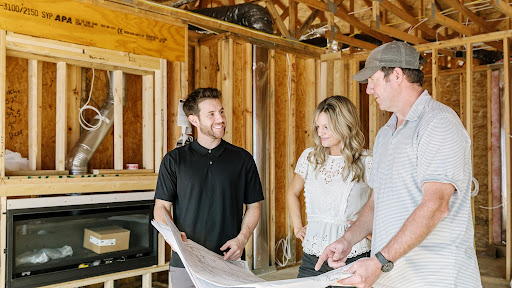
Honest guide to when a renovation project manager saves you time, stress and money, and when you can confidently run the work yourself.
.webp&w=3840&q=100)
Everything you need to know about loft conversions in terraced houses — costs, planning, and how to add space and value to your home.
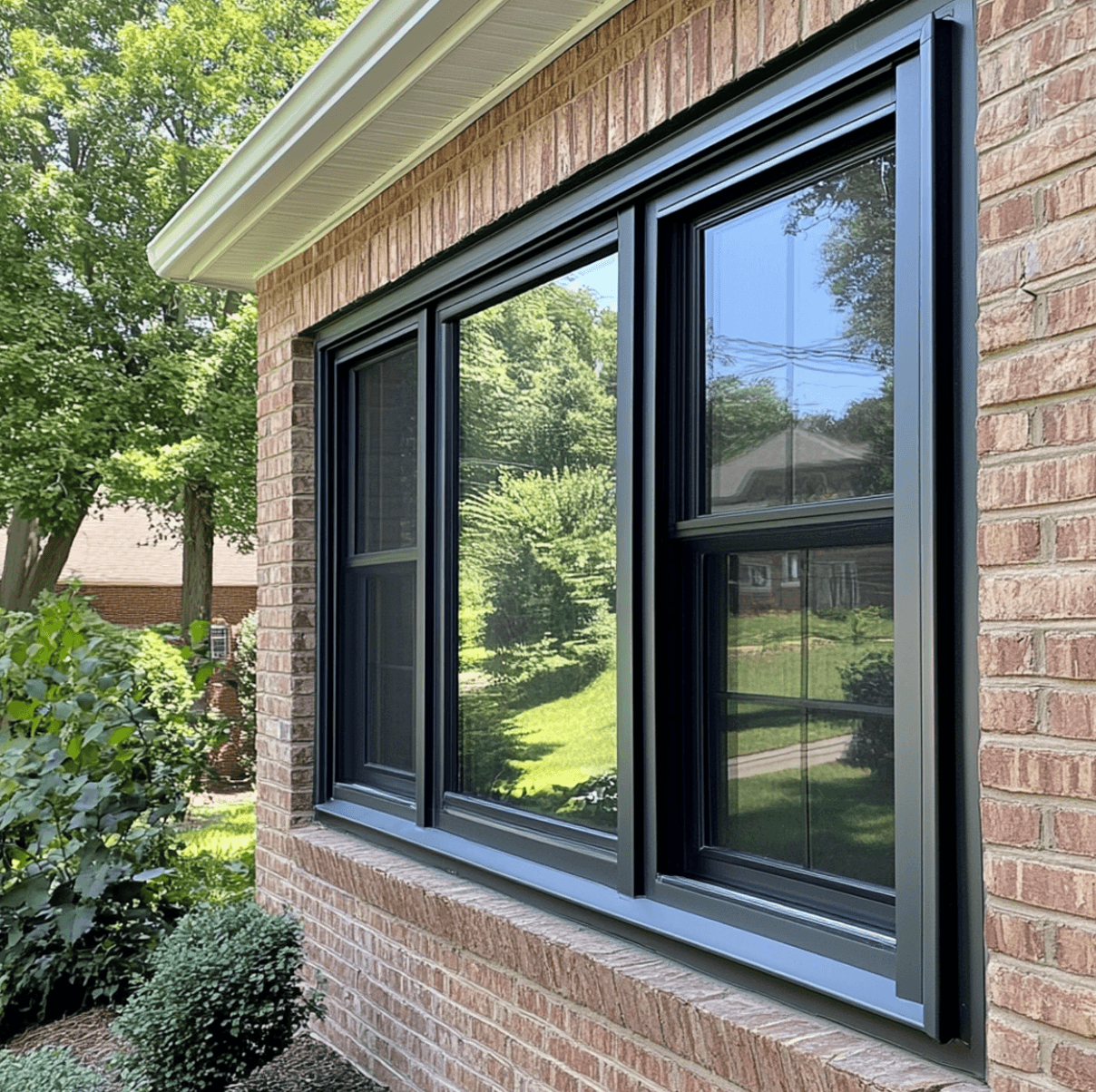
Triple glazing: the honest guide. Learn the true pros and cons for UK homes — energy savings, noise reduction and what to watch out for.
From the Beams Team
Stories, insights and lessons from the people building Beams, including how we learn from every project, how builder-led planning works behind the scenes, how we simplify renovation, as well as experiments, improvements and cultural insights.
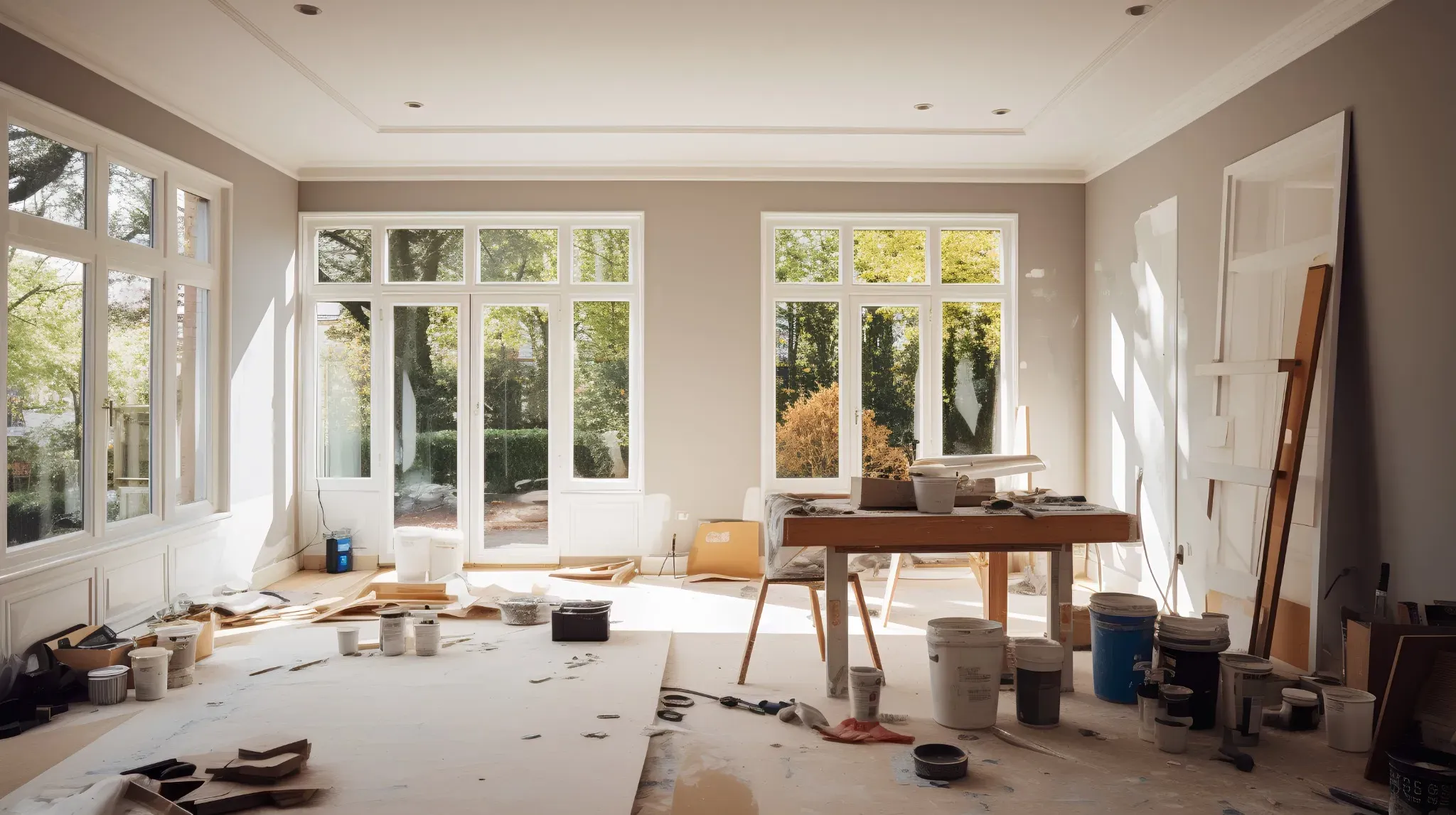
Builders in our network pay a % commission on projects that they run through Beams. This fee helps fund our contract management and payment protections, which safeguard both sides.

Get ready for your Beams planning call with a few simple steps. Learn what to upload, what you’ll discuss, and how your planner turns your ideas, budget and timeline into a project that’s ready for vetted builder quotes.

Get ready for productive builder meetings. Learn how to prepare your space, share ideas, ask smart questions and compare builders with confidence.
